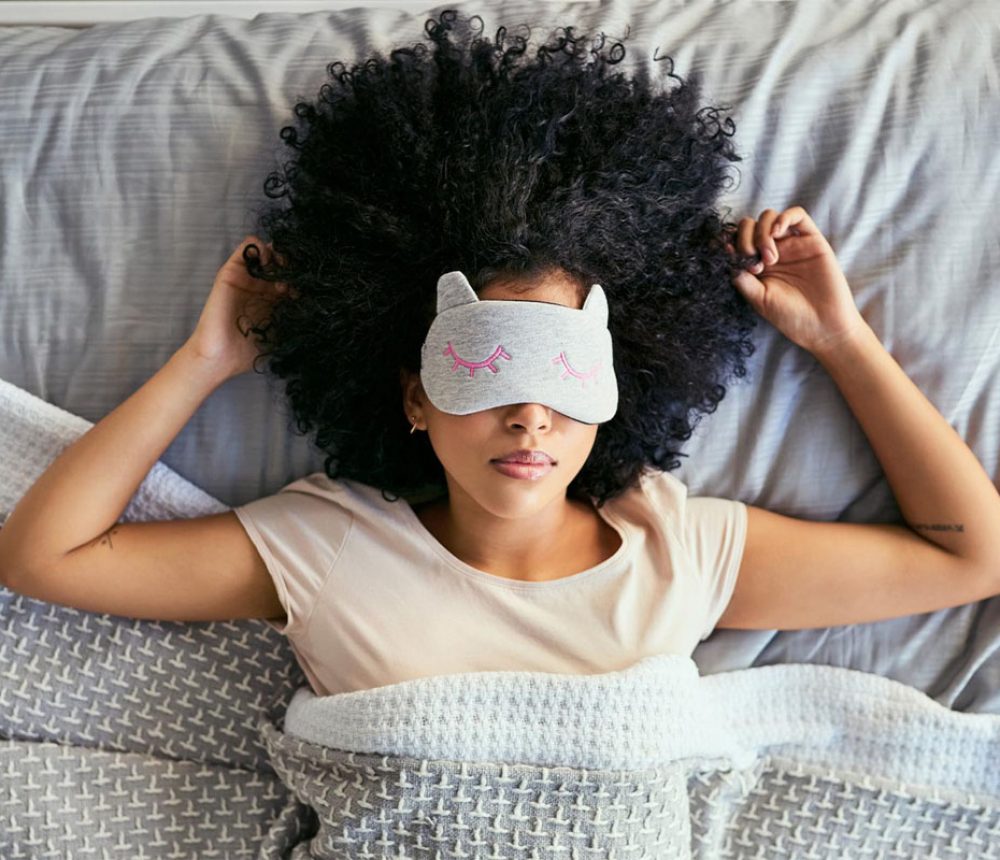
British Summertime is approaching and the clocks going forward mark this exciting time – better weather, long summer nights and beautiful summer mornings. The downside of this, is we lose one precious hour of sleep.
You may think that it doesn’t really affect us, but it can upset our circadian rhythm, otherwise known as our internal body clock. Upsetting this causes our bodies to be confused for a short period of time, it shakes up our normal day and night cycle. When our circadian rhythm is out of sync it can cause sleep difficulties, memory problems and lack of energy. If you are out of sync for a long period of time, it can be more damaging to our health. Depending on whether you’re an early bird or night owl, these changes can also affect your productivity levels.
Kim Lahiri, Trelonk Wellbeing’s IFA qualified Aromacologist says:
“Some people are natural ‘Night Owls’, preferring to arise, work and live later in the day. Others are ‘Early Birds’, responding better to an early rise and the light. The phrase “The early bird catches the worm” stands true for myself. The stillness of the first light before the day kicks off is when I feel my most creative. This varies for everybody and it’s finding the period in the day where you are most productive. As soon as you wake up from a deep sleep, or late before you head to sleep”.
Hormone changes play a large role in the interference of our body clocks. Melatonin and Cortisol are two very important hormones when it comes to sleep. Melatonin’s main function is to regulate night and day cycles. Darkness causes the body to produce more, which signals the body to prepare for sleep. Light decreases melatonin production, therefore signalling your body to prepare for being awake. The change in clocks can interrupt this. When the clocks go forwards, it means your body will not prepare melatonin until later on in the evening, disrupting your sleep pattern. However, in the morning you may feel more refreshed as the light creeps through your curtains earlier, producing melatonin.
The stimulating hormone, Cortisol, is produced in the adrenal gland and plays an important role for the circadian clock. Normally, the levels of cortisol are highest in the morning, making us more alert and prepared for the day. Research shows that lower levels of cortisol are present in the first stages of sleep, this increases throughout the night and peaks minutes before you wake up. This supports that the hormone, cortisol, plays a significant role in the initiation of wakefulness. The clocks going forward means your body will go through an adjustment period in regard to syncing cortisol and melatonin production with your new day and night cycle.
Having an hour less sleep shouldn’t be looked at in a negative way. Once your sleep pattern and circadian rhythm is adjusted, it will be like normal. In addition to this, more time in the light can increase your wellbeing. Research of several studies suggest that natural light, particularly in the morning, can be beneficial to an individual’s health, both physically and mentally.
Go outside during significant points of the day, situate your working space by a window, letting your body to face natural light. Dim the lights at night and avoid blue light, generally emitted from phones, laptops and TVs. Allowing your body to see and avoid the light at the correct times can have a significant impact on your overall sleep performance.
Lahiri continues to say, “Learning to adapt to the rhythms of nature is a health-giving approach. Drink in the energy of longer daylight hours, adapt your diet to be lighter with fresh produce, allowing your body to absorb the vitamins and minerals required for cell growth and development.”
Disclaimer: Our products are not intended to prevent, treat or cure any disease or serious illness. If you have any health concerns please contact your doctor or pharmacist.
© 2022 TRELONK